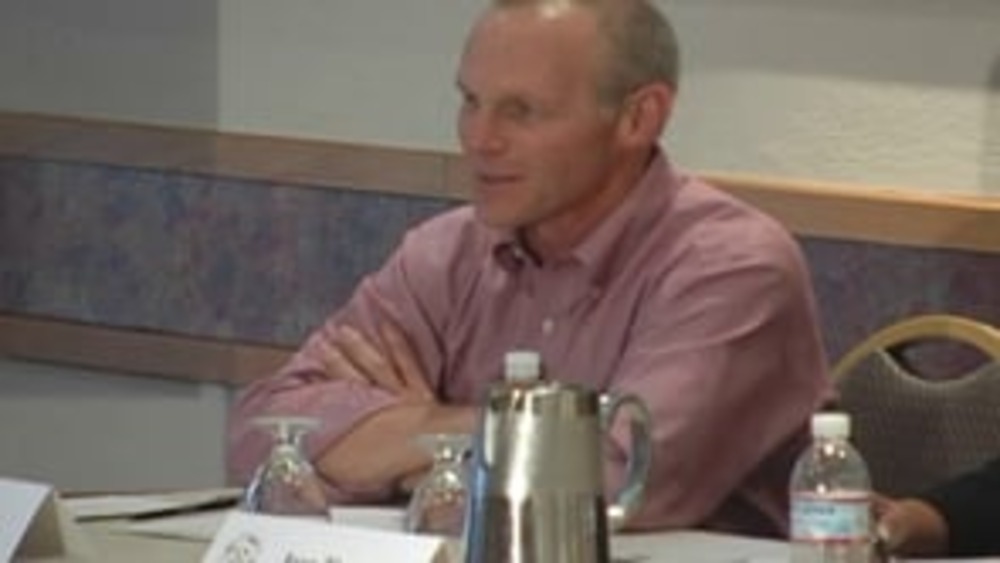Indigenous Governance Database
capital reinvestment
Thumbnail

Joseph P. Kalt: The Practical Issues of Business Development - Some Things to Consider: Dealing with Growth
Harvard Project on American Indian Economic Development Co-Director Joseph P. Kalt offers some points that Native nations should consider as they work to manage the growth of their nation-owned enterprises.
